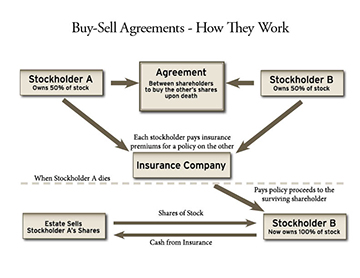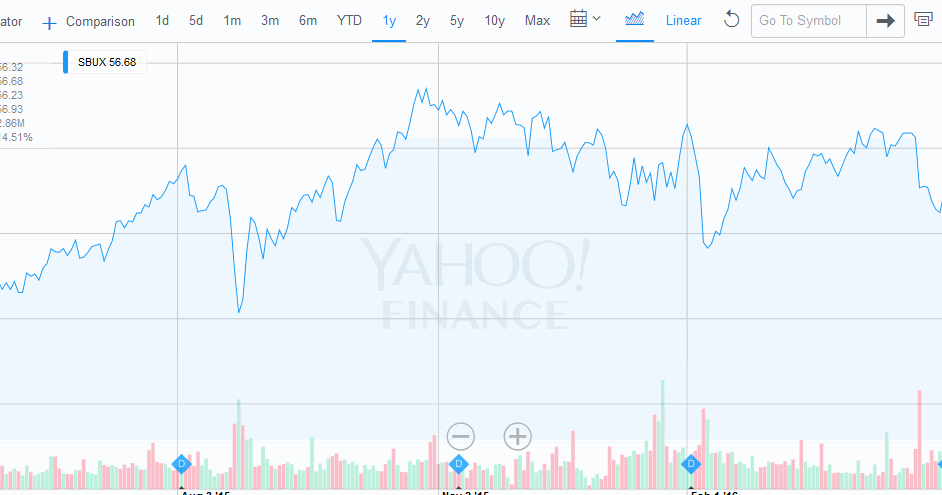How does a buyout work with stocks
First, let's be clear about what we mean by a stock-for-stock merger. When a merger or acquisition is conducted, there are various ways the acquiring company can pay for the assets it will receive. The acquirer can pay cash outright for all the equity shares of the target company, paying each shareholder a specified amount for each share.
What is a stock-for-stock merger and how does this corporate action affect existing shareholders?
Or, it can provide its own shares to the target company's shareholders according to a specified conversion ratio i. Acquisitions can be made with a mixture of cash and stock, or with all stock compensationwhich is called a "stock-for-stock" merger.
To learn more, see What does the term "stock-for-stock" mean? When the merger is stock-for-stock, the acquiring company simply proposes to the target firm a payment of a certain number of its equity shares in exchange for all of the target company's shares.

Provided the target company accepts the offer which includes a specified conversion ratiothe acquiring company essentially issues certificates to the target firm's shareholders, entitling them to trade in their current shares for rights to acquire a pro rata number of the acquiring firm's shares. The acquiring firm basically issues new shares adding to its total number of shares outstanding to provide shares for all the target firm's shares that are being converted.
This action, of course, causes the dilution of the current shareholders' equitysince there are now more total shares outstanding for the same company. However, at the same time, the acquiring company obtains all of the assets and liabilities of the target firm, thus approximately neutralizing the effects of the dilution.
Should the merger prove beneficial and provide sufficient synergythe current shareholders will gain in the long run from the additional appreciation provided by the assets of the target company. Dictionary Term Of The Day. A measure of what it costs an investment company to operate a mutual fund.

Latest Videos PeerStreet Offers New Way to Bet on Housing New to Buying Bitcoin? This Best computer forex trading system Could Cost You Guides Stock Basics Economics Basics Options Basics Exam Prep Series 7 Exam CFA Level 1 Series 65 Exam. Sophisticated content for financial advisors around investment strategies, industry trends, and advisor education.
5 Facts About Stock Buyouts That May Surprise You - etygivusyx.web.fc2.com
What is a stock-for-stock merger and how does this corporate action affect existing shareholders? By Chris Gallant Share. The term "stock-for-stock" is fort livestock market scott used in two different contexts, and it regularly makes business news headlines in Explore the effect of a merger and understand how the how does a buyout work with stocks affects shareholders of the newly merged firm in terms of stock In a general sense, mergers and takeovers or acquisitions are very similar corporate actions - they combine two previously Learn how does a buyout work with stocks the difference between mergers and acquisitions.
Discover what factors may encourage a company to merge or acquire When a firm acquires another entity, there usually is a predictable short-term effect on the stock price of both companies.
Learn how to invest in companies before, during and after they join together. Making a windfall from a stock that attracts a takeover bid is an alluring proposition.
The merger or acquisition process can be intimidating. This is why merger and acquisition firms step in to facilitate the process.
Be a savvy investor - learn how corporate actions affect you as a shareholder. A merger is a combination of two companies to form a new company, A hedge fund strategy in which the stocks of two merging companies A proposal by one company to purchase all of another company's An expense ratio is determined through an annual A hybrid of debt and equity financing that is typically used to finance the expansion of existing companies.
shares - How do public-company buyouts work? - Personal Finance & Money Stack Exchange
A period of time in which all factors of production and costs are variable. In the long run, firms are able to adjust all A legal agreement created by the courts between two parties who did not have a previous obligation to each other.
A macroeconomic theory to explain the cause-and-effect relationship between rising wages and rising prices, or inflation. A statistical technique used to measure and quantify the level of financial risk within a firm or investment portfolio over Content Library Articles Terms Videos Guides Slideshows FAQs Calculators Chart Advisor Stock Analysis Stock Simulator FXtrader Exam Prep Quizzer Net Worth Calculator. Work With Investopedia About Us Advertise With Us Write For Us Contact Us Careers.

Get Free Newsletters Newsletters. All Rights Reserved Terms Of Use Privacy Policy.